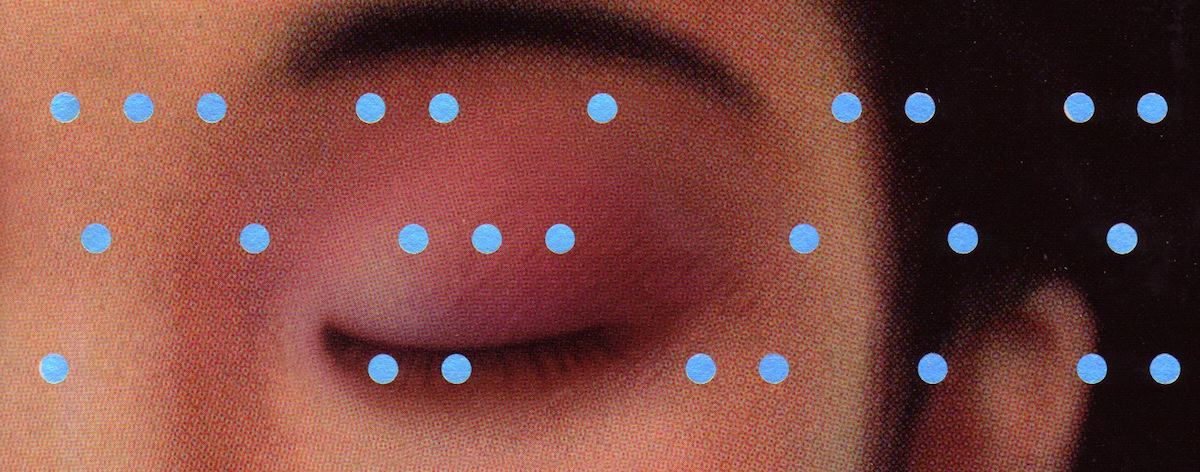by MIEKO KAWAKAMI

Imagine being a young girl, growing up in a Japanese city. No one else in your family is a reader. You have to find books on your own. Where do you start? You go to the school library. Under “Literature,” you find Japan’s best-known writers—Akutagawa, Soseki, Dazai, Mishima—and a few big names from other parts of the world—Dostoevsky, Tolstoy, Camus, Sartre, Steinbeck. It’ll be years before you come across names like Virginia Woolf, Yuko Tsushima or Susan Sontag. As you stand in the stacks of the school library, scanning the spines one by one, you don’t even recognize that none of the names belongs to a woman.
When I was in my early teens, I spotted the name Haruki Murakami on the spine of a relatively new book. It was already a name that one would find in every bookstore or library, no matter the size. I took the book out and opened it up. I remember feeling like I’d never read anything quite like it. No parents, no family, no soporific preaching, none of the self-conscious struggles or triumphs so common in literature. For me, bogged down by situations and circumstances I had never opted into, Murakami’s individualism was shocking. More than anything, I felt like I could have read any given page forever—the writing was overwhelmingly fantastic. What made it fantastic had nothing to do with gender, the author’s or my own. I’ll never forget how excited I was to find out that novels like this existed. From then on, Murakami was a very special writer to me.
Murakami’s narratives tend to follow a pattern. A lonesome protagonist ventures into another world to recover something he has lost. We’re repeatedly shown that what we see, what we believe to be reality, has a shadow to it, and by passing through a “well” that unexpectedly appears in our daily life, our existence can easily be thrown into an unfamiliar place. The stories delve seamlessly into worlds that almost feel constructed from a grammar of the unconscious, realms where the reader may access forms of healing and regeneration only found therein.
Literary Hub for more
